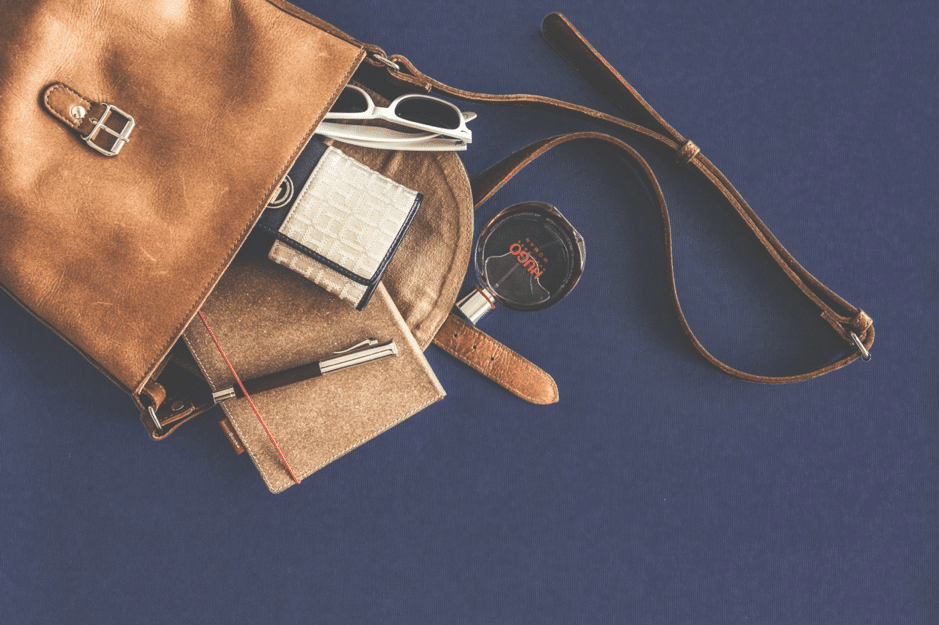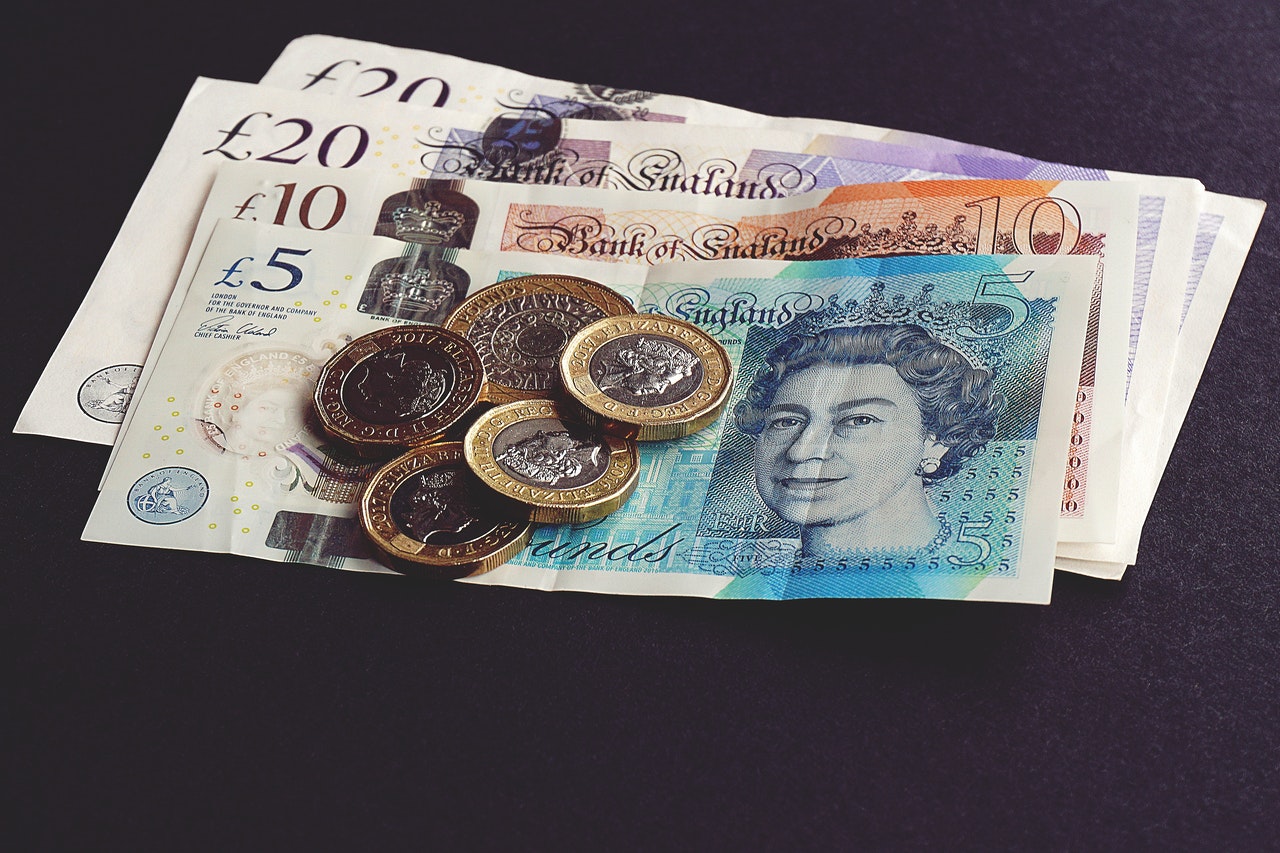Losing any personal belonging has got to be one of the worst feelings. Whether it’s of high monetary or sentimental value, nothing can ruin a fun day quicker than realising that item is gone.
Everybody has got their own story with lost and found
Children are the worst culprits when it comes to losing things, where they are losing up to 7 items per month.
Plus, millennials are twice as likely as boomers to misplace their possessions!
Whether it’s because we’re forgetful, simply living in the moment or just unlucky; it can be annoying for everyone involved.

The average person loses more than 3,000 items in their lifetime
The most common item to be lost is a smartphone. Over 96% of UK residents, between the ages of 16-34, have a smartphone of some kind. Furthermore, the typical user may touch it 2,617 times every single day so it is highly surprisingly so many of these go missing.
The feeling of panic and stress associated with losing a mobile phone has become so common that is has been given its own name, nomophobia.
Our smartphones offer us an unthinkable number of apps and services that we depend on. Additionally, it’s also the place where we store all our photos, videos and messages. Essentially a large portion of our lives are stored on our mobile phones.
What is the cost of losing stuff?
Aside from smartphones, some of the other most commonly items include keys, glasses, umbrellas and bags. All are essential items to our day-to-day tasks, and are sorely missed when they do go walkabouts!
Losing things can also come with a hefty price-tag. On average, every individual in the UK forks out over £4,500 in our lifetime to replace the stuff that we’ve lost.

Where are you most likely to lose something?
We’re always told to retrace our steps when we lose something. This seems so simple when locating the remote control at home, but retracing your steps outside of the can sometimes be impossible.
We are most likely to lose our belongings whilst travelling on public transport, where forgetful travellers are most likely to leave their items behind on a bus than any other form of transport.
What should I do if I lose something?
Lost something? Contact the venue you visited to see if they have found your lost item.
There’s a mindset that when people lose something, they assume it is gone forever. In fact, in 2016, TfL wrote an article saying that only 9.4% of lost items were reclaimed!
Be brave about asking about your items! This simple action could save you a fair amount of money and stress.
What do businesses do with lost and found?
There are laws in place to ensure that businesses take ‘reasonable’ steps when something is found on their property. Read our blog on the laws of lost property here to find out more.
Organisations must have a way of managing lost property. They must look after your lost items safely and for a reasonable length of time.
Most of the time customer services or security staff will be responsible, and they will be more than happy to assist.
NotLost is the way to reunite lost items with their owners
Enquiring about your lost property should be a quick and easy process. Various organisations are utilising NotLost, to reassure customers to return more items of lost property.
NotLost are proud to be working many organisations including The Go-Ahead Group, Westfields, Alton Towers and many more, to help reunite los belongings with their rightful owners.
When you retrieve your lost items, the agony of losing it is then replaced by sheer joy.
We lose things because we’re human
As painful as these lost experiences are, we are notoriously bad at learning from them. Losing things is inevitable so don’t let that taint a great day out.
Let us know what your lost stories are, after all many of them will bring back some unforgettable memories.
Find out more about how other organisations manage their lost property with a transformational lost and found software solution. Plus follow up on LinkedIn and Twitter to stay up to date with all things lost property!
